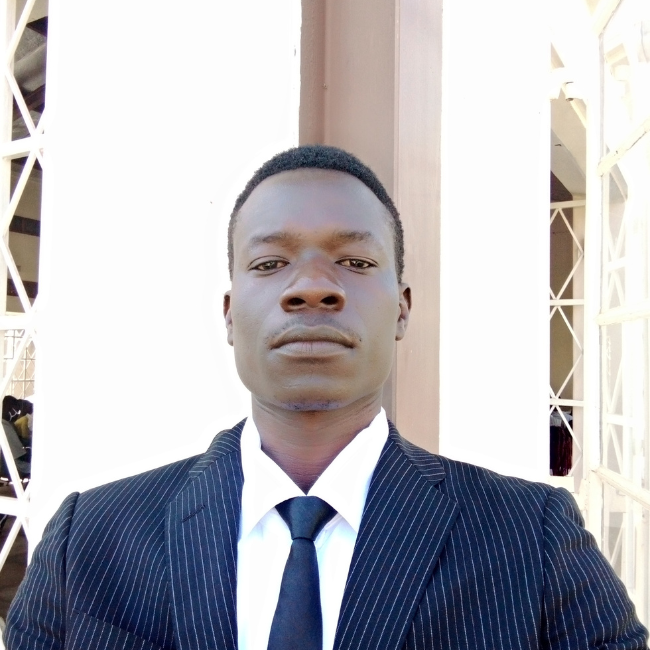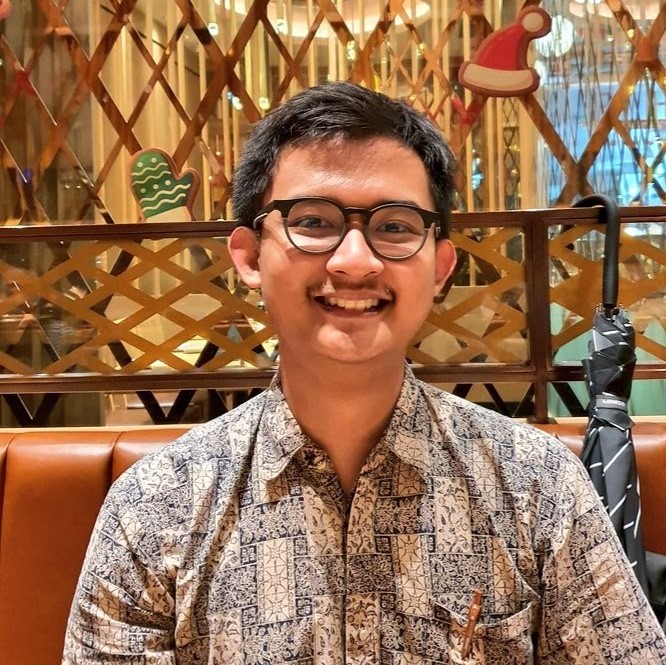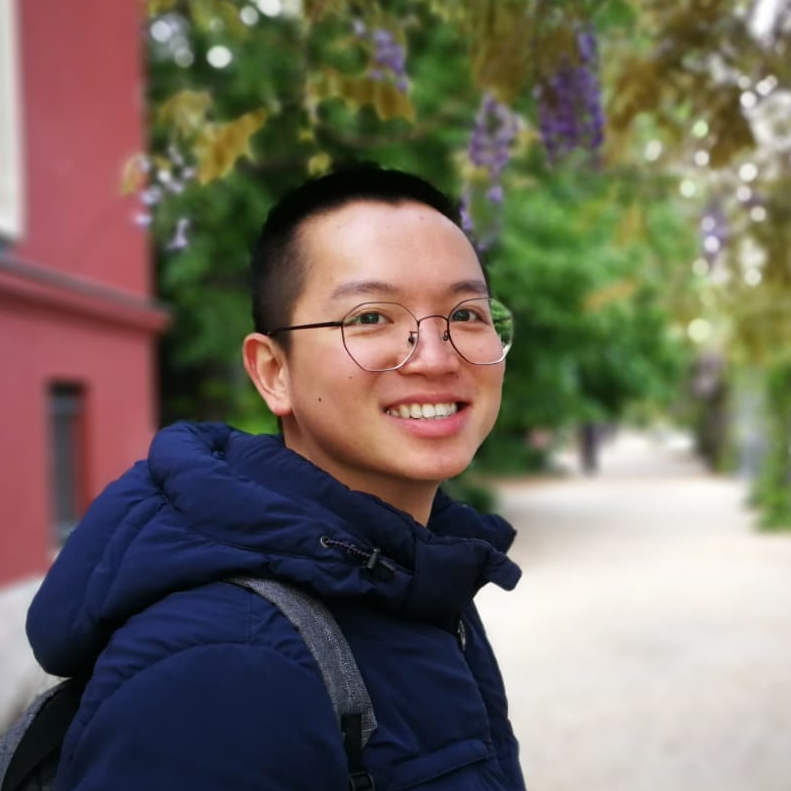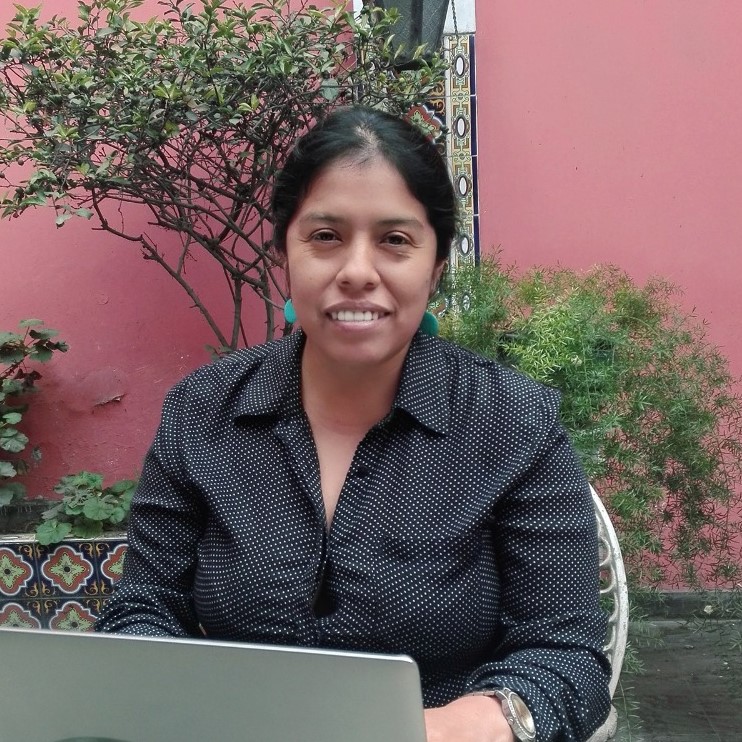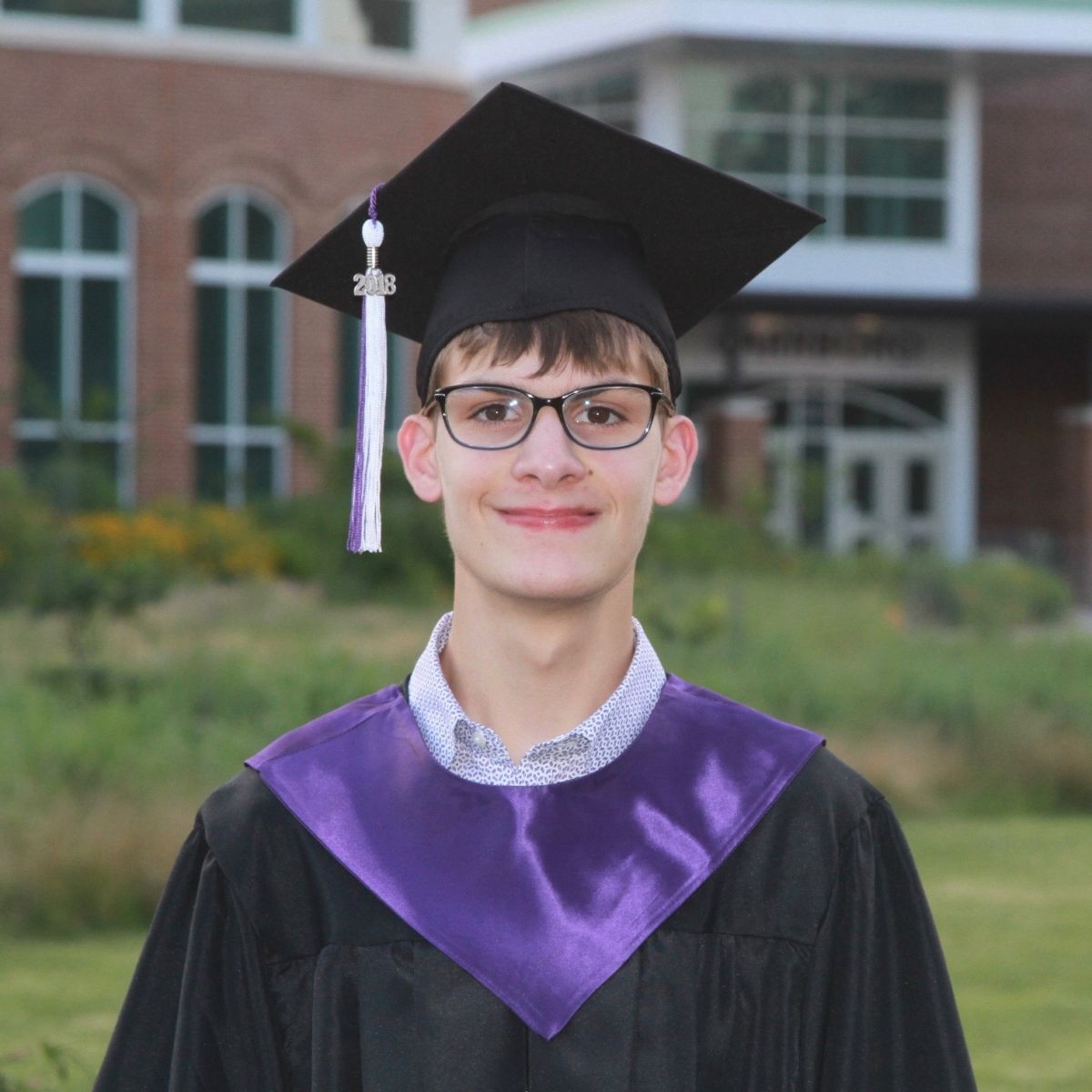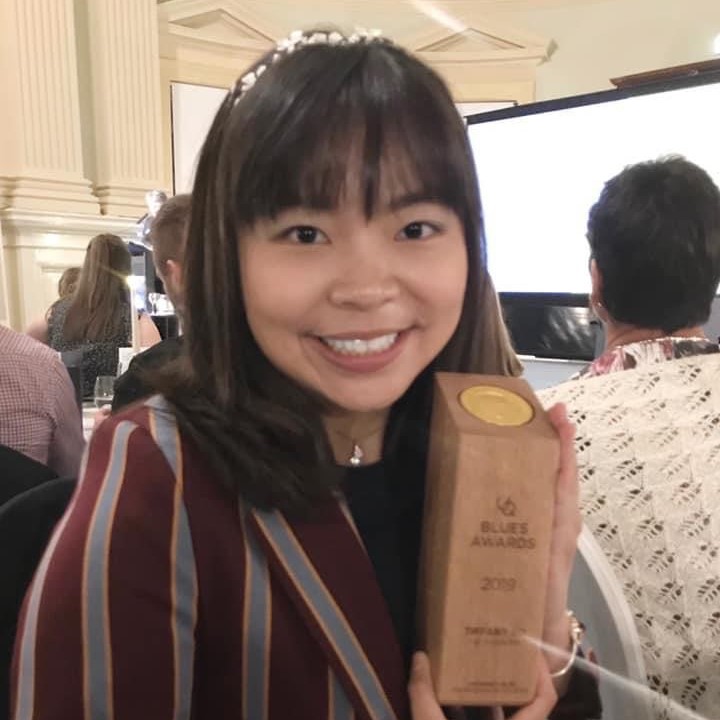My Educational Story in Uganda
Education is the way to go, but the route to success is not easy. My educational journey has shown me that achievement takes sacrifice, commitment, prayers and interpersonal relationships with both teachers and classmates.
Uganda, Eastern Africa
Story by Opio Lameck. Edited by Izzy Baumann
Published on September 18, 2022.
Reading time: 4 minutes
This story is also available in 


Early childhood education
I started my early childhood education in 1997, when I was seven years old, in a community-owned school [1] near my home. I had actually planned to start school a year earlier, but bad roads, fatigue, hunger and long distance stopped me from continuing with my education. When 1997 came, I was forced by my mother to resume school while the challenges listed above stayed constant. I had to walk about 20 kilometers to and from school without a sweater, bags, or shoes. I changed several schools in my primary education but the distance was relatively the same until my primary leaving examination (PLE), after which my school was much closer– 4 km.
High school education (secondary)
I started my secondary education after 9 years instead of 7 years because of the high level of insecurities in northern Uganda due to the Lord’s Resistance Army (LRA) insurgency, but that didn’t stop me from achieving my educational goals. My journey was a thorny one, as much of my family migrated to Lira City due to the LRA insurgency . My life in secondary school was a struggle. I went to class without a pen and a book – I could get plain paper at school and borrow pens from friends.
Friends are the best thing to have in life. My friends never got tired of me, and they supported me without asking me about my family’s financial background. I cried one day in my high school when I was suspended after I was falsely accused of jumping over the chain link fence to watch football. The allegations were raised after I was seen hanging out with wrong peers. That situation frustrated me a lot but it couldn’t hold me back in working towards my academic goals.
College education
I started my college education in 2011 at Bukalasa Agricultural college where I studied crop production and management. I faced a huge challenge during my college years. Raising finances to support my education was a constant struggle. I managed to raise some finances through selling sandals that I made out of used car tires, but that wasn’t close to enough. Attaining meals at the college was a hustle: I was helped by a friend who was from a good background who sacrificed his meal card to me and he bought food for himself. What he did was a blessing to my life. I attended all my exams with outstanding fees – it was a miracle to be accepted to sit for exams with an uncleared balance. I could spend one hour pleading for the favor of being allowed to sit for exams while my friends are already writing their exams.
One day I almost missed my exams. When I was out of the exam rooms when my friends were quietly sitting for papers. My friends thought I had intended to miss, but I was in the principal’s office pleading. I arrived at the exam room when there was just 30 minutes left in the session, went quietly inside, and started writing my exams. I made sure I started with easy questions and then went to the harder ones, and thankfully, I finished with the people who had been in the room in time.
Education is the way to go, but the route to success is not easy. My educational journey has shown me that achievement takes sacrifice, commitment, prayers and interpersonal relationships with both teachers and classmates.
[1] Community-owned schools here in Uganda are organized by the parents. It is not a private school – a community-owned school comes as an initiative by a community that values education. Community schools in most cases employ unqualified teachers because they don't get monthly wages, with a little facilitation collected from the parents. Currently, community schools are changed to “SEED Schools” today in Uganda. These schools operate independently for some time, and later the government takes over and starts putting up facilities and employing qualified staff after a few years.
How does this story make you feel?
Follow-up
Do you have any questions after reading this story? Do you want to follow-up on what you've just read? Get in touch with our team to learn more! Send an email to [email protected].
Talk about this Story
Please enable cookies to view the comments powered by Disqus.
Subscribe to our Monthly Newsletter
Stay up to date with new stories on Correspondents of the World by subscribing to our monthly newsletter:
Topic: Education
> Indonesia
When Your Country is a Case Study: Being an Indonesian Environmentalist at Yale
A story by Brurce Mecca
3 min English Audio available
My experience and knowledge, and the experiences of all minorities, matter, even when those perspectives feel insignificant because of all the extra effort to make people understand. Read more...
> Germany
How I Learned to Interact with The Unhoused and Those Seeking Financial Support
A story by Zhihao Zhong
5 min
Education includes lessons learned from the people and how we see others are treated. Zhihao learned from unhoused and donation-seekers in Germany. Read more...
> Peru
Montessori in Peru
A story by Gianina Elizabeth Huaccha Luza
4 min
When Gianina first visited a Montessori kindergarten, she said to herself that she had found what she was looking for all her life to teach children across Peru. Read more...
Explore other Topics
Get involved
At Correspondents of the World, we want to contribute to a better understanding of one another in a world that seems to get smaller by the day - but somehow neglects to bring people closer together as well. We think that one of the most frequent reasons for misunderstanding and unnecessarily heated debates is that we don't really understand how each of us is affected differently by global issues.
Our aim is to change that with every personal story we share.
Community Worldwide
Correspondents of the World is not just this website, but also a great community of people from all over the world. While face-to-face meetings are difficult at the moment, our Facebook Community Group is THE place to be to meet other people invested in Correspondents of the World. We are currently running a series of online-tea talks to get to know each other better.











